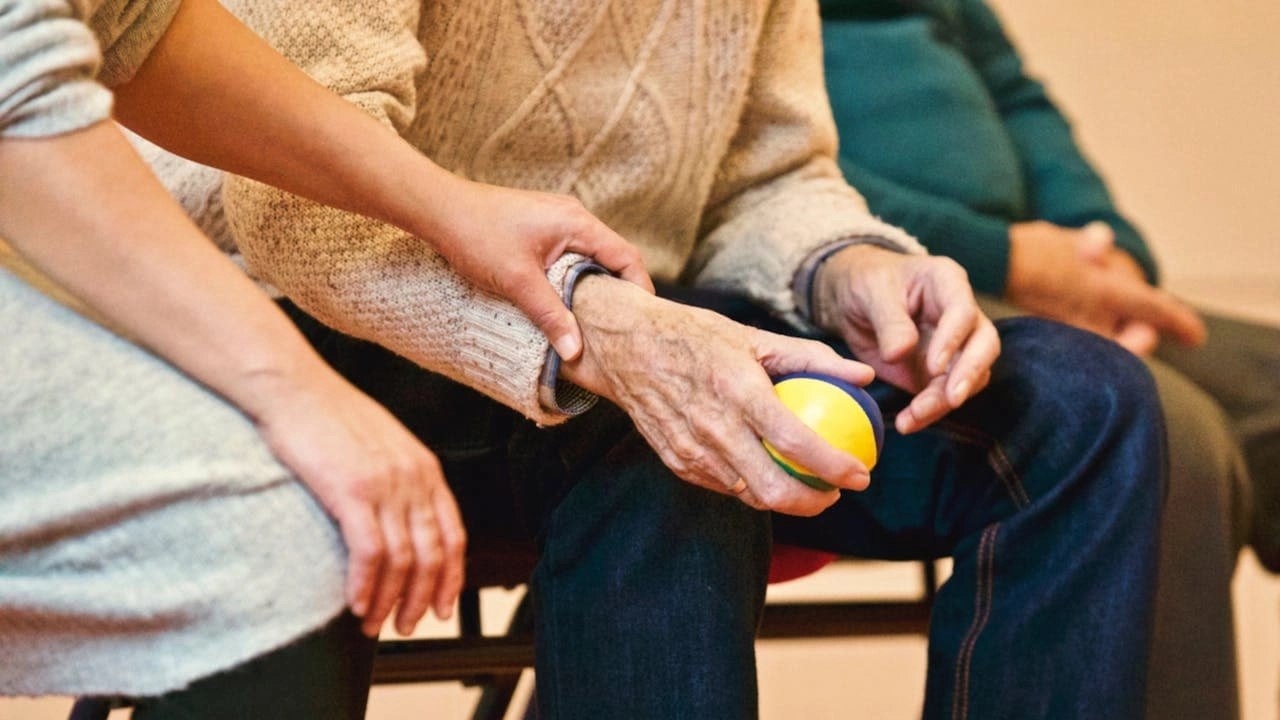Africa is currently experiencing a significant rise in dementia cases, presenting a unique set of challenges for families and healthcare systems across the continent. This increase can be attributed to various factors, including an aging population, urbanization, and the changing lifestyles that come with it. As more people live longer, the likelihood of developing dementia, particularly Alzheimer’s disease, rises. Unfortunately, the awareness and understanding of dementia in many African communities are still limited, leading to confusion and uncertainty about how to care for affected individuals.
Families often find themselves in a difficult position, grappling with the emotional and practical implications of a loved one’s diagnosis. In many cultures, the stigma associated with mental health issues can exacerbate the situation, leading to isolation for both the patients and their caregivers. Additionally, the lack of resources, trained healthcare professionals, and support services makes it challenging for families to navigate the complexities of dementia care. Many families may not know where to turn for help, leaving them to manage the condition largely on their own.
As the prevalence of dementia continues to rise, there is an urgent need for increased public awareness and education surrounding the condition. Community-based initiatives can play a crucial role in providing support and information to families affected by dementia. By fostering understanding and breaking down the stigma associated with cognitive decline, communities can create an environment where families feel empowered to seek help and access necessary resources. Furthermore, integrating dementia care into existing healthcare frameworks can ensure that families receive adequate support, improving the quality of life for both patients and caregivers alike.
In conclusion, the surge in dementia cases across Africa demands a concerted effort to raise awareness, educate families, and improve healthcare responses. By addressing the challenges that come with this increase, we can help ensure that individuals living with dementia receive the care and support they deserve, while also providing families with the tools they need to navigate this complex journey. As we move forward, it is essential to prioritize the development of resources and support systems that can effectively respond to the growing needs of those affected by dementia in Africa.




